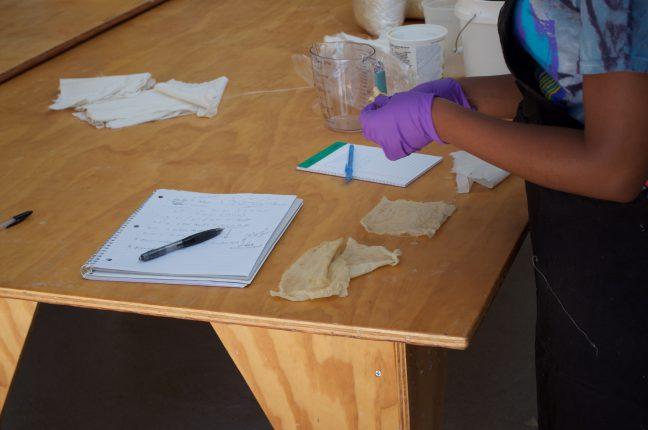The Madison Metropolitan School District offers a range of honors program options for any high school student hoping to boost their GPA, but this wouldn’t be evident walking into a high school classroom.
MMSD recently released new demographic data for standalone and earned honors classes in the first semester of the 2022-2023 school year. The report shows a disturbing lack of racial diversity in honors classrooms. White students made up 58% of honors students, despite making up only 40% of the student body. By contrast, Black students accounted for only 9% of the honors classroom while holding nearly 20% of the general student population. Hispanic and Latino students made up around 14% this past semester — also below the 23.2% of the student body they represent.
Electric cars aren’t final solution for cleaner transportation
These results are discouraging, but by no means surprising. Honors classes are notoriously homogeneous demographically. Nationally, Black and Latino students are particularly likely to experience low levels of honors enrollment in their respective schools, and many don’t attend schools that offer fast-track options at all. Madison is no exception, and the results are just as damaging.
High school honors classes are one of the best ways for students to prepare for higher education. Often, these courses mirror the structure, pace or intensity of a college equivalent, allowing students to experience the reality of higher education before enrolling. Advanced Placement courses have the added advantage of qualifying for college credit in certain institutions, which can help incoming undergraduates knock out general education requirements and place them on the path to early graduation.
The rigor of an honors class is also an important boost to a college application. High-level high school classes often boost GPAs and draw the attention of admissions officers, giving students with honors or AP courses in their repertoire a competitive edge in the admissions process.
Ex-convicts set to lose voting rights under proposed GOP bill
Thus, the race gap in high school education carries into opportunities for higher learning and beyond. A lack of diversity in high school honors classes has lasting impacts on students of color and the opportunities they receive for higher learning and future jobs.
There has been some talk of eliminating the honors system completely due to these systemic racial divides. The issue with solutions like these is the fact that it does nothing to address the root issue. If students of color were adequately invested in across every sector of society, the race gap in honors classes would shrink in response.
Equity in Madison has to be promoted and worked towards by everyone, in every setting. This has to extend beyond representation in the student body at large and into advanced courses as well.
Fiona Hatch ([email protected]) is a senior studying political science and international studies.








